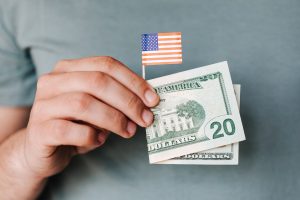Are Policymakers Your Ally in Financial Investment or Not?
When it comes to managing your money, and big financial investments, the decisions of policymakers—those who shape laws and regulations—can have a big impact. But are these policymakers truly on your side regarding your financial well-being?
If you think that this can be answered by just a simple “yes” or “no”, then you may want to think again.
How Policymakers Influence Your Finances?
Policymakers affect your financial life in ways you might not even realize. From tax laws to interest rates and social welfare programs, their decisions shape your financial environment.
- Tax Policies: Adjustments to income tax rates, corporate taxes, or deductions can either increase or reduce your disposable income.
- Interest Rates: Central banks, guided by policymakers, set interest rates that affect everything from mortgage payments to credit card debt.
- Welfare and Benefits: Programs like healthcare subsidies, unemployment insurance, or child tax credits are designed to support families during tough times.
These policies aim to balance economic growth, reduce inequality, and stabilize the economy. However, not all policies benefit everyone equally.
How to make Policymakers Your Allies?

The good news? Everybody has a role to influence financial policies. First and foremost, it is important to understand how new laws and regulations affect you is key to making informed financial decisions. It will be wise as well to join local advocacy groups or participate in public consultations to voice your concerns.
Of course, you should do your due diligence in electing leaders prioritizing financial fairness and transparency in their policymaking. Always remember, when policymakers hear from citizens, they’re more likely to craft policies that align with the public’s needs.
When Policymakers Act as Allies of Your Financial Investment
Sometimes, it’s clear that policymakers are on your side, especially when they introduce measures designed to improve financial stability and well-being.
These include economic stimulus packages, such as stimulus checks or expanded unemployment benefits, designed to provide immediate financial relief. Debt relief programs, including student loan forgiveness or assistance for small businesses, help ease financial burdens and foster economic stability. Additionally, consumer protection laws regulate banking fees, payday loans, and credit card practices, safeguarding individuals from unfair financial practices and promoting long-term financial well-being.





